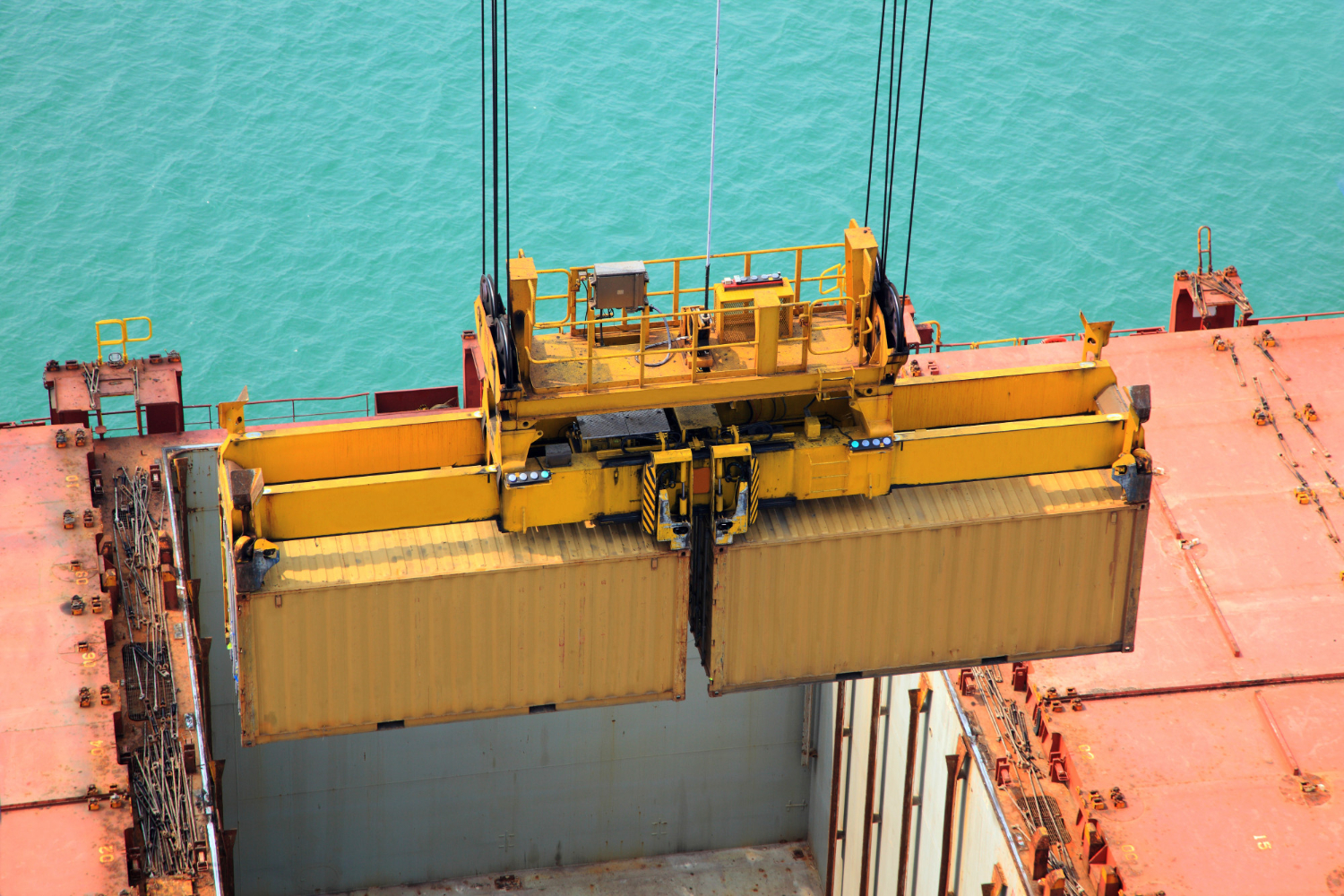What is Heavy Machinery Transport
Heavy machinery transport is a complex and specialized segment of the logistics industry, requiring meticulous planning, precision, and adherence to safety regulations. Moving large, cumbersome equipment like construction vehicles, agricultural machinery, or industrial tools involves unique challenges that standard freight solutions cannot address. Key considerations in heavy machinery transport include
- Route Planning : Identifying the most efficient and safe route is crucial, factoring in road conditions, height and weight restrictions, and potential obstacles such as bridges or tunnels.
- Specialized Equipment : Utilizing appropriate transport vehicles, such as flatbeds, low loaders, or multi-axle trailers, designed to handle the weight and dimensions of heavy machinery.
- Permits and Regulations : Securing the necessary permits for oversized or overweight loads and ensuring compliance with local, national, and international transportation laws.
- Loading and Unloading : Employing skilled professionals and the right equipment, such as cranes or forklifts, to safely load and unload heavy machinery without causing damage.
- Insurance and Risk Management : Implementing comprehensive insurance coverage to protect against potential damages or losses during transit, and conducting risk assessments to mitigate hazards.
- Coordination and Communication :Ensuring seamless communication between all parties involved, including transport operators, site managers, and regulatory bodies, to coordinate every stage of the transport process.
- Safety Measures : Adhering to stringent safety protocols to protect workers and the public, including the use of safety gear, securing loads properly, and conducting regular equipment inspections.





